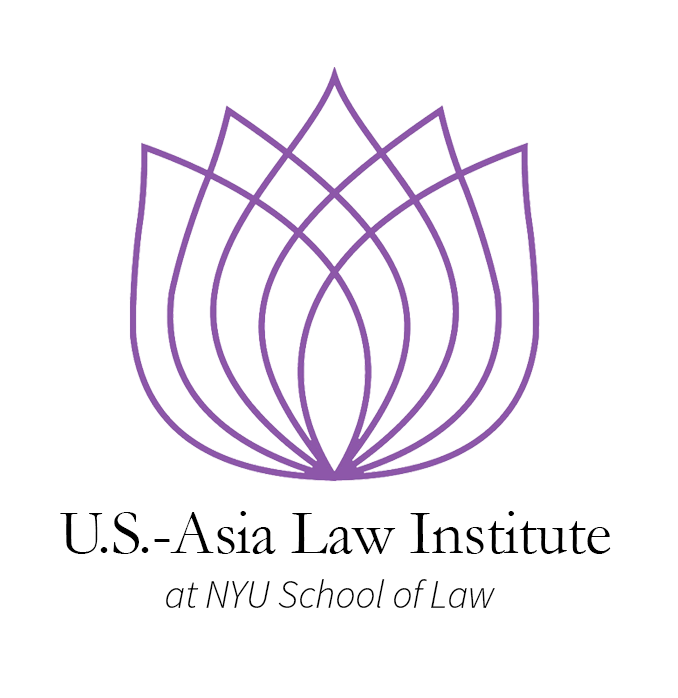The Symposium on Nippon Steel and the New Era in US-Japan Economic Relations is a collection of essays in the USALI East-West Studies series. Nippon Steel’s acquisition of the once-great American steelmaker U.S. Steel closed on June 18, 2025, after recovering from a near-death experience. The symposium analyzes whether the US government’s national security review of the transaction was politicized or whether the definition of “national security” has broadened; differences between American and Japanese views of the transaction; and possible impacts of the entire episode on the wider US-Japan economic relationship. Some of the essays previously appeared in USALI Perspectives and were written while the transaction’s fate was still undetermined.
Symposium editor Bruce Aronson writes in his introductory essay: “The transaction is both significant in and of itself, and also demonstrates the important role that Japan, already the United States’ largest foreign investor, can play in helping to revitalize America’s manufacturing capacity – if it is allowed to.”
Katherine Wilhelm co-edited the symposium.
Table of Contents
Symposium Overview
Every decade presents at least one occasion for a serious evaluation of the state of US-Japan economic relations. The tortured course of Nippon Steel’s acquisition of U.S. Steel and highly unusual terms imposed by President Trump, together with the recent imposition of high tariffs on Japanese exports and renewed demands that Japan contribute more to the cost of stationing American troops, prompts such an evaluation now. Read more.
Timeline of Nippon Steel Acquiring U.S. Steel
A timeline of significant events in Nippon Steel’s purchase of U.S. Steel, from bidding in 2023 to closing in 2025. Read more.
Why Blocking the Nippon Steel Deal May Seriously Harm US-Japan Relations
With the presidential election over, Bruce Aronson writes in late 2024 that it is time for Americans to focus on the possible harms to US-Japan relations and US outgoing investment if Washington blocks Nippon Steel’s acquisition of U.S. Steel. Read more.
Why America’s Steel Industry Needs Nippon Steel: An Investor’s Reflections
President Donald Trump’s proposal to allow Nippon Steel to invest in U.S. Steel could produce a genuine victory out of the embarrassing saga of the past year. Andrew McDermott writes in early 2025 that the key question is whether the terms allow Nippon Steel to deploy its management strengths and show Americans the path back to their manufacturing glory days. For this, we need to once again value real engineering over financial engineering. Read more.
The National Security Arguments about Nippon Steel Don’t Survive Scrutiny
“Iron is the country.” Tetsu wa kokka nari. That is what Japan’s first prime minister, Prince Ito Hirobumi, said in 1901, channeling nineteenth century German statesman Otto von Bismarck, when the first blast furnace of Yahata Steel Works, Nippon Steel’s main antecedent company, was fired up. But that hardly applies to the United States and its iron and steel sector today, Paul Sheard writes in early 2025. Read more.
The Nippon Steel Decision Is Not About Japan
President Joe Biden’s decision to block Nippon Steel’s proposed acquisition of U.S. Steel was criticized as a bid for union support in an election year. Based on information that has come out in subsequent litigation, Christian Contardo writes in spring 2025, we now know that the committee charged with reviewing the transaction did identify national security concerns that were rooted in factors unique to the global steel market and Nippon Steel. Read more.
Observations from Japanese M&A Practice
The corporate strategy driving Nippon Steel’s acquisition of U.S. Steel has been to shake off the limits of its home market and grow as a global player. Masanori Bito and Masakazu Iwakura write as the deal closes that the transaction highlights new challenges faced by Japanese acquirers in the US that have not previously received much attention. Read more.
Looking Past Nippon Steel: Japanese Businesses Choose Caution
It is indisputable that President Biden’s order to block Nippon Steel’s acquisition of U.S. Steel undermined Japanese businesses’ confidence in the American investment review process. In the immediate wake of the order, Japanese corporate leaders voiced both disappointment and distrust. Hideaki Roy Umetsu and Kohei Takiguchi explain why Japanese investors may no longer perceive the US market as open or fair, and may hesitate to invest further. Read more.
The views expressed are those of the authors, and do not represent those of USALI or NYU.
This work is licensed under a Creative Commons Attribution-NonCommercial-NoDerivatives 4.0 International License.








